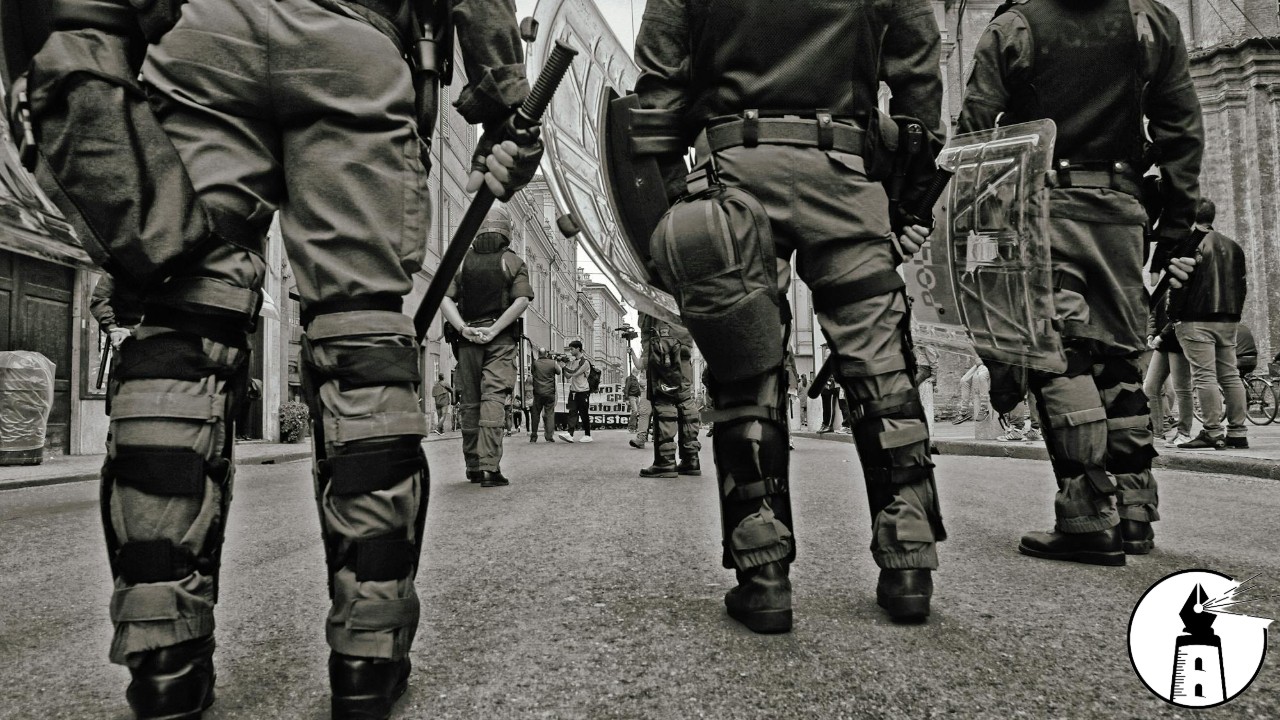It might sound like something out of a dystopian novel or a half-remembered history lesson from a darker time, but President Donald Trump’s latest proposition is real and deeply troubling. He has repeatedly floated the idea of deporting American citizens convicted of crimes to serve prison sentences in foreign countries, most recently suggesting El Salvador’s notorious CECOT prison as a destination for individuals charged with vandalizing Tesla property. To dismiss this as political theater would be a mistake. If the past is any indication, Trump has a well-established record of turning even his most extreme threats into policy.
When he promised sweeping tariffs on Chinese goods, many voters and commentators alike dismissed it as bluster. Yet, his administration followed through, triggering trade wars and financial strain for the very communities that helped elect him. It would be naive to assume his talk of deporting U.S. citizens is any different.
The legal and constitutional barriers to this idea are substantial. The Eighth Amendment prohibits cruel and unusual punishment, a principle deeply embedded in American jurisprudence. The First Step Act requires federal prisoners to be housed near their primary residence when feasible. But for an administration that has already disregarded court rulings and due process, these protections offer little reassurance.
Just this week, White House Press Secretary Karoline Leavitt failed to disavow Trump’s proposal. Pressed repeatedly, she framed the idea as something merely being “floated” and emphasized the hypothetical nature of its implementation. However, the president’s statements suggest otherwise. His public praise for Salvadoran President Nayib Bukele and the idea of relocating federal prisoners, including U.S. citizens, to a Central American prison infamous for inhumane conditions signals more than idle talk.
Trump’s language on this issue is unmistakably vindictive. He referred to the Tesla vandals as “sick terrorist thugs” and gleefully suggested they serve time in a facility known for its brutality. His close ties to Elon Musk only heighten the political implications of this move. It is not just a policy suggestion. It is a warning to anyone who dares to protest or challenge this administration, even peacefully.
The Salvadoran prison in question, CECOT, has been condemned by human rights organizations for overcrowding, torture, and denial of communication or medical care. Trump has already used this prison as a destination for deported Venezuelan migrants accused of gang affiliations, often without clear evidence or due process. Now, he appears poised to expand this practice to American citizens.
Legal scholars and civil rights groups have sounded the alarm. Justice Sonia Sotomayor, in a recent Supreme Court ruling, emphasized that even under the Alien Enemies Act, the government cannot secretly deport individuals without due process. Yet, the Trump administration has already done exactly that to migrants, and the Court’s ruling has not slowed its rhetoric.
History offers a chilling precedent. Totalitarian regimes have long used the threat of deportation and exile as a tool of control. The Soviet Union under Stalin routinely sent its own citizens to gulags or expelled dissidents abroad. Nazi Germany stripped Jews, political opponents, and other “undesirables” of citizenship before forcing them out of the country or into camps. Even in modern times, authoritarian governments in countries like North Korea and Iran have imprisoned their own people in foreign territories or detained them in secret sites far from home.
What separates these regimes from democracies is not simply the presence of elections, but the existence of legal protections that safeguard individual rights. When a government begins to discard those protections, when it treats citizenship as conditional and rights as privileges, it crosses a line from democratic governance into authoritarianism.
Trump has already shown he is willing to cross those lines. His administration has deported individuals despite court orders. It has held U.S. citizens in ICE detention. It has pursued mass surveillance and punishment of political protesters. And now, with apparent enthusiasm, it is entertaining the idea of exiling Americans to a foreign prison system condemned by international watchdogs.
This is not a hypothetical exercise. It is a test of how far executive power can stretch before it snaps the constitutional foundation it was meant to uphold. And if anyone believes Trump is bluffing, they are not paying attention.
He promised tariffs. He delivered. He promised mass deportations. He delivered. Now he promises to send Americans abroad to serve time in prisons known for abuse and neglect. If you think he will not follow through, ask yourself how many of his other “impossible” threats are now policy.
This is not just about three alleged arsonists or a single press conference. It is about whether we allow citizenship to be weaponized, rights to be stripped, and justice to be outsourced. And whether, once again, history will look back on this moment and ask why we did not act sooner.
—By Greg Collier



